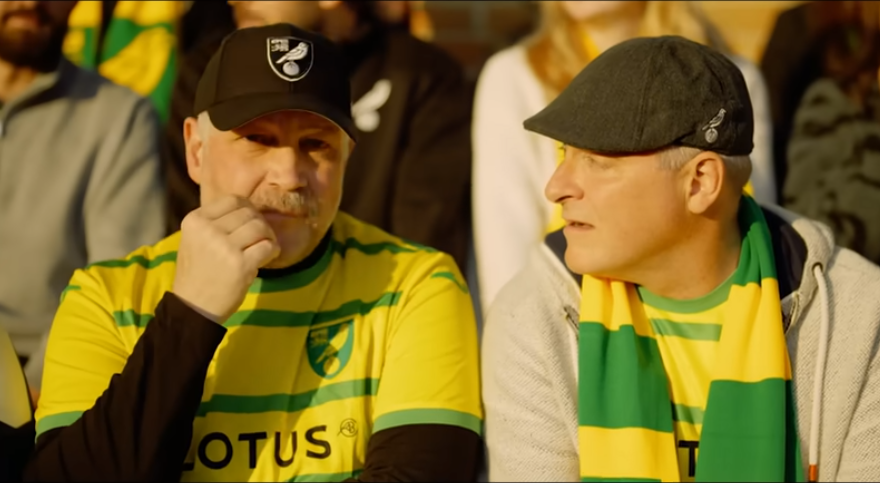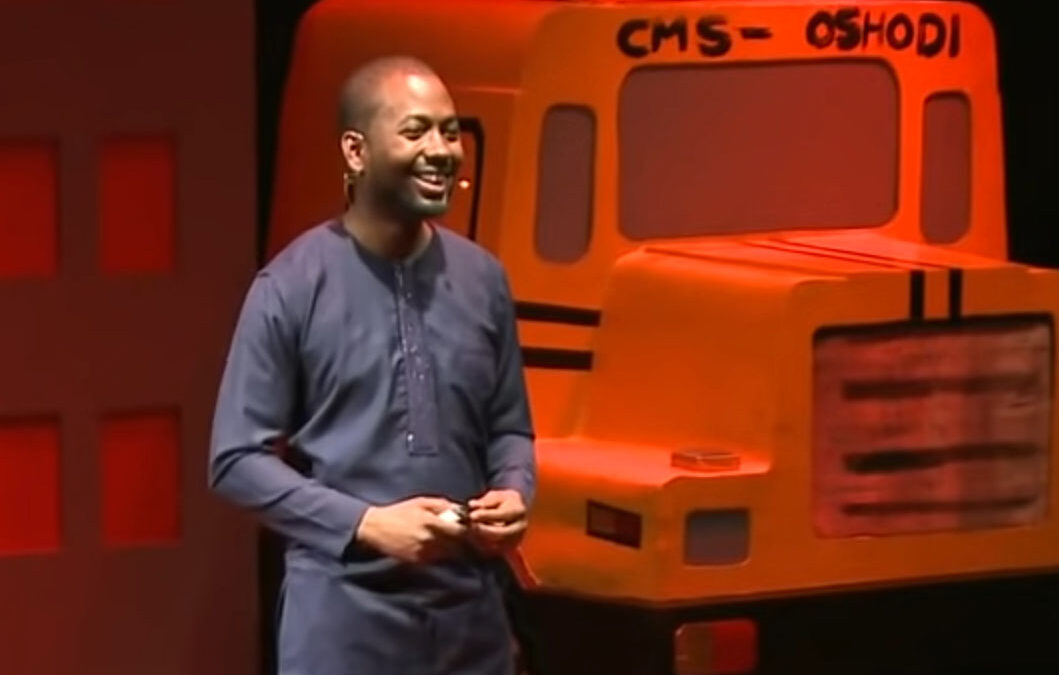Dec 19, 2023 | Mental Health Ministry, Stronger Together Support Group
Hello friends,
Over the past few weeks we’ve watched and discussed some really inspiring videos about how people have turned their personal struggles with mental illness into profound acts of courage and generosity. It’s not your typical Christmas content, I suppose, but Christmas is a celebration of hope and these stories are nothing if not hopeful.
This week we’ll watch one more from Carson Daly (if you grew up on MTV he needs no introduction), who speaks candidly about his struggles with anxiety and panic disorder. One of my hopes is that, in just a few years’ time, we hear even more of these personal testimonies…not just from those affected by depression and anxiety, but also from people affected by types of mental illness such as schizophrenia and borderline personality disorder that are still considered taboo.
Our warm-up is a Christmas-themed guessing game!
Name two Christmas carols, and see if everyone else can guess whether you love one and despise the other, love them both, or give them both a “bah humbug.”
See you soon,
Alex
Dec 13, 2023 | Mental Health Ministry, Stronger Together Support Group
Hello friends,
We have some really creative and artistic people in this discussion group. There’s also people like me, who perhaps aren’t naturally artistic but strive to be more creative and appreciative of the art we encounter. This week we’re going to explore a few different ways in which mental health and art can intersect, from giving us a language to express complex feelings to connecting us with people and ideas that can bring healing.
Our warm-up question for this week:
Check out this website of Texas Mental Health Creative Arts Contest winners. Which image stands out to you, and why?
See you soon,
Alex

Dec 6, 2023 | Mental Health Ministry, Stronger Together Support Group
Hello friends,
One of my favorite things about our group discussions is that we get to go pretty deep into mental health topics that don’t come up in conversation often enough. It’s good also to step back on occasion to “see the forest through the trees,” as the saying goes. All the topics we discuss are about people, after all. It’s not about illnesses, or treatment paradigms, or biases, or strategies; it’s about the people in our lives, and about ourselves.
We’re going to watch a beautifully composed 7-minute video to bring this point into focus on Thursday. It’s the story of Kevin Love, who you may or may not be familiar with as a longtime star player in the NBA. His story is both extraordinary because of who he is and how he has shaped his life in response to mental health challenges, while also being entirely ordinary and relatable because of the honesty with which he talks about these challenges. He sums up his approach as “putting all my cards on the table.” Deal!
Our warm-up question for this week:
What is your favorite game to play, whether a sport, a card game, or anything else?
See you soon,
Alex

Nov 29, 2023 | Mental Health Ministry, Stronger Together Support Group
Hello friends,
A couple of weeks ago we explored how culture can shape our assumptions about mental illness. This week we’ll explore a related topic: how behavior and mannerisms influence our assumptions about mental health and well-being. This is a good time to discuss this topic because as many of us know, the holiday season is a time when people can experience both “high highs” and “low lows” in mental health.
We’ll watch a brief but powerful video about checking in with others, which was developed in partnership with a mental health organization called Samaritans. Hopefully we’ll have a candid and compassionate conversation about our own experiences with mental health symptoms and how they are or are not understood by others.
Our warm-up question for this week:
Describe your favorite dish from Thanksgiving in mouth-watering detail. Bonus points if you also describe an “epic fail” dish!
See you soon,
Alex

Nov 21, 2023 | Mental Health Ministry, Stronger Together Support Group
Hello friends,
First off, thank you so much to Sampson for stepping in and facilitating last week’s conversation. I am so grateful for the support!
It’s Thanksgiving week as you surely know, so instead of our normal Thursday evening discussion we’ll have a brief (usually 30-minute) “holiday check-in” Wednesday at 7 p.m. instead. There’s no predetermined discussion topic, just an opportunity to see how everyone is doing, offer an encouraging word of support, and maybe swap a recipe or two. It’s a wonderful way to add a little joy to your day.
We still have a warm-up question this week, so get ready!
Making small talk can be fun for some people, and awkward for others. What’s a “go-to” question you use to initiate small talk with someone you don’t know well?
See you soon,
Alex

Nov 15, 2023 | Mental Health Ministry, Stronger Together Support Group
Hello friends,
We have many preconceptions about mental illness that we may or may not be aware of—who it affects, what it looks like, how it should be addressed—that are ingrained in us through the images we see, the voices that get (or don’t get) elevated, and the many other ways in which mental health is represented in our society. These preconceptions can make it a lot harder for some people to get the help they need when facing mental health challenges because they invite stigma, intentionally or otherwise.
This can be especially true for people in cultures where mental illness is not yet widely regarded as a treatable illness, for men who have been trained to suppress emotions to avoid projecting weakness, and for people of faith who have been taught that seeking help “apart” from God is a betrayal of religious conviction. In today’s conversation we’re going to hear from one person for whom this was the reality of seeking help for mental illness. Some questions to consider as you watch this 9-minute video:
- Do we have an assumption about what “being mentally ill” looks like? How has that changed over time?
- What role does culture play in determining who does or doesn’t get help for mental illness?
- Do we have a problem with mental illness education and awareness being overly represented by people from some cultures or backgrounds?
- What preconceptions do we have about mental health that intentionally or unintentionally create stigma?
Our warm-up question for this week is more of an activity than a question:
Choose one person in the discussion and tell us something you appreciate about that person. The more specific you can be, the better!
See you soon,
Alex



